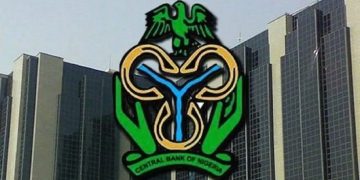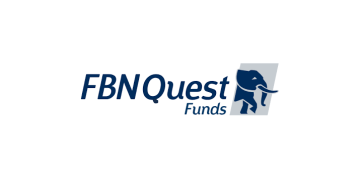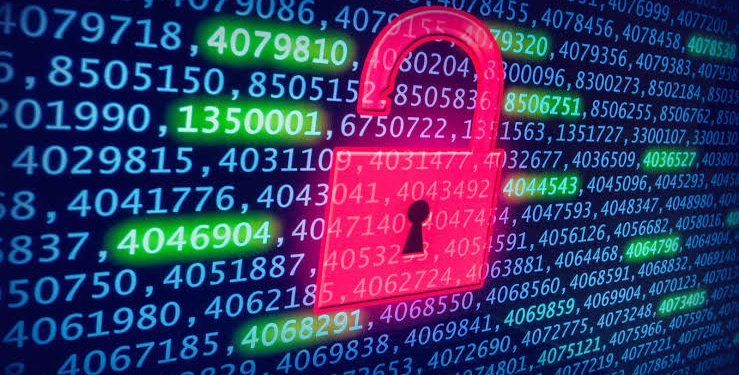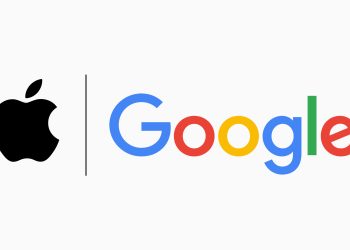Cybersecurity researchers have confirmed what may be the largest password leak in history: 16 billion login credentials, including passwords, email logins, and platform access from Apple, Facebook, Google, and more.
This massive leak is believed to be the result of multiple infostealers — malware tools that quietly steal saved passwords from users’ devices. The datasets, unearthed during an investigation by Cybernews, include login records “from tens of millions to over 3.5 billion” each, making it, as Vilius Petkauskas reports, “the largest such leak in history.”
“This is not just a leak – it’s a blueprint for mass exploitation,” warned researchers. The stolen information includes everything from social media and developer portals to government accounts. According to Aras Nazarovas, one of the lead researchers, this shift in attack strategy points to cybercriminals “moving from Telegram groups to centralized database dumps.”
Lawrence Pingree, VP at Dispersive, emphasized the danger: “16 billion records is a large number… credentials data can be misused and is misused – that’s what makes it valuable.”
What’s more worrying? Most of the leaked data is new. Apart from the previously reported 184 million record breach, the rest of the credentials were unknown to the public until now.
The cybersecurity impact is widespread. Hackers can now launch targeted phishing attacks or take over accounts across platforms. And according to Darren Guccione, CEO of Keeper Security, this breach proves “how easy it is for sensitive data to be unintentionally exposed online.”
So, what should you do?
- Don’t reuse passwords — ever. If one is leaked, it could compromise all your accounts.
- Use a password manager to generate strong, unique passwords for every service.
- Enable multi-factor authentication (MFA) wherever possible.
- Monitor your email and credentials on dark web scanners.
As Evan Dornbush, former NSA cybersecurity expert, put it, “It doesn’t matter how complex your password is. If attackers compromise the database, they have it.”
And while some, like Paul Walsh, CEO of MetaCert, believe cybersecurity shouldn’t rely on user vigilance, others urge shared responsibility. “Choose strong and unique passwords,” said Javvad Malik of KnowBe4. “Cybersecurity is a shared responsibility.”






















































